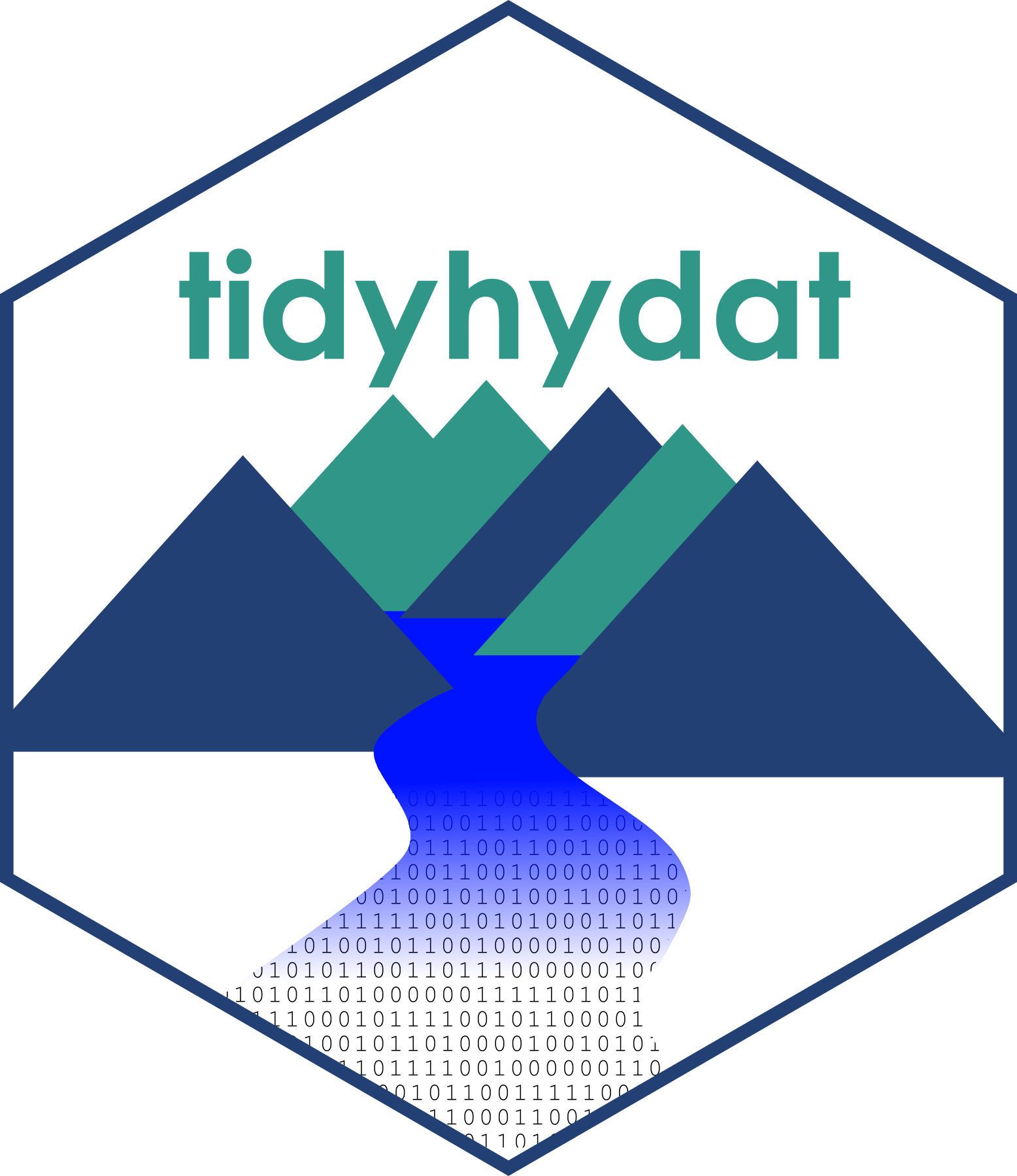
I love working with R and have been sharing the love with my friends and colleagues for almost seven years now.

I love working with R and have been sharing the love with my friends and colleagues for almost seven years now.

The drake R package is a pipeline toolkit. It manages data science workflows, saves time, and adds more confidence to reproducibility. I hope it will impact the landscapes of reproducible research and high-performance computing, but I originally created it for different reasons. This post is the prequel to drake’s inception. There was struggle, and drake was the answer. Dissertation frustration My dissertation project was intense.

Since I first encountered The Parisian Stage , I’ve been impressed by the completeness of Beaumont Wicks’s life’s work: from 1950 through 1979 he compiled a list of every play performed in the theaters of Paris between 1800 and 1899. I’ve used it as the basis for my Digital Parisian Stage corpus, currently a one percent sample of the first volume (Wicks 1950), available in full text on GitHub.

One of the best things about learning R is that no matter your skill level, there is always someone who can benefit from your experience. Topics in R ranging from complicated machine learning approaches to calculating a mean all find their relevant audiences. This is particularly true when writing R packages.
rOpenSci is pleased to announce a new collaboration with the Methods in Ecology and Evolution (MEE), a journal of the British Ecological Society, published by Wiley press 1 . Publications destined for MEE that include the development of a scientific R package will now have the option of a joint review process whereby the R package is reviewed by rOpenSci, followed by fast-tracked review of the manuscript by MEE.

A new rOpenSci package provides access to data to which users may already have directly contributed, and for which contribution is fun, keeps you fit, and helps make the world a better place. The data come from using public bicycle hire schemes, and the package is called bikedata.

What is rrricanes Why Write rrricanes? There is a tremendous amount of weather data available on the internet. Much of it is in raw format and not very easy to obtain. Hurricane data is no different. When one thinks of this data they may be inclined to think it is a bunch of map coordinates with some wind values and not much else. A deeper look will reveal structural and forecast data.
The R package ecosystem now contains more than 10K packages, and several flagship packages belong under the rOpenSci suite. Some of these are: magick for image manipulation, plotly for interactive plots, and git2r for interacting with git. rOpenSci is a community of people making software to facilitate open and reproducible science/research.
It all started January 26 th this year when I signed up to volunteer asa reviewer for R packages submitted to rOpenSci. My main motivation forwanting to volunteer was to learn something new and tocontribute to the R open source community. If you are wondering why thepeople behind rOpenSci are doing this, you can read How rOpenSci uses Code Review to Promote Reproducible Science.
We have started working on a new rOpenSci package called writexl. This package wraps the very powerful libxlsxwriter library which allows for exporting data to Microsoft Excel format. The major benefit of writexl over other packages is that it is completely written in C and has absolutely zero dependencies. No Java, Perl or Rtools are required. Getting Started The write_xlsx function writes a data frame to an xlsx file.